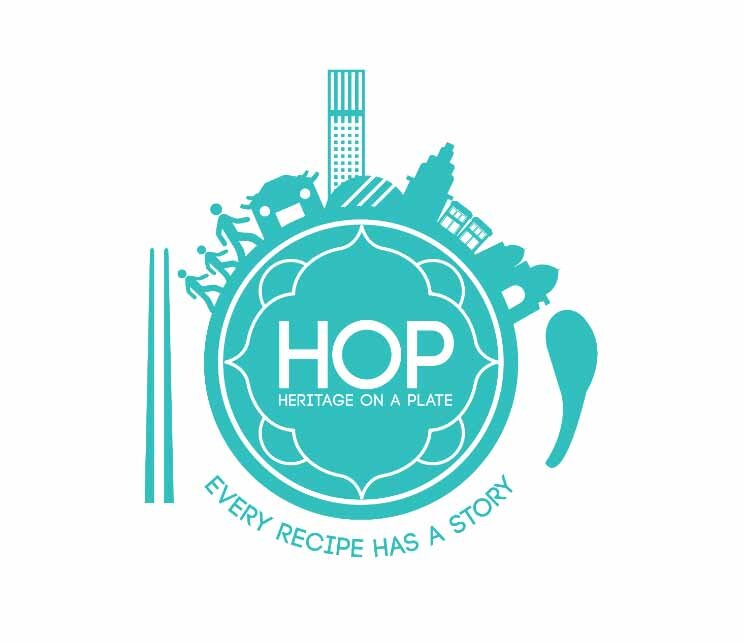How I Learned to Love (An Ode to the Indian Rasam)
One of my earliest memories is sitting on an uncomfortably high chair, at the long wooden dinner table that creaked and groaned in my grandmother’s weathered kitchen. She was a small and wiry woman, strict and strong-willed, always swathed in her white cotton saree. She had raised a large family, through poverty, war, political strife and near-famine. Perhaps that is why she always dealt with her grandson’s antics armed with a knowing, self-assured half smile. What was this, compared to what she had already achieved?
It was lunch time and the sun beat down on our small village, driving people under the shade of attap or zinc roofs, to the mercy of cool shade and iced drinks to wash down their spicy, savory or soupy lunches. On some porches, old couples reclined on rattan long-chairs, fanning themselves slowly in the midday heat. The afternoon was still and sweltering, punctuated only by the engine sounds of scooters trailing across the nearby road, and the occasional overly loud post-meal burp.
I remember what was on the plate in front of me that afternoon. White rice, fluffy and hot, drenched in sour and peppery rasam. To complete the ensemble, a small river fish expertly cleaned, gutted and deep fried in masala until crunchy and delicious, topped with a small dollop of tomato sauce.
To me today, this humble plate of the simplest ingredients and recipes, is the pinnacle of culinary sophistication. It is honest and nutritious, unconcerned with perceptions or preconceptions, seeking only to elevate what’s easily available to it’s most delicious potential. The sweet crunchiness of the fresh river catch mingling with the sour and tangy rasam, soaked up by that lovely and fulfilling gravy delivery system we call nasik in the north, with just the right kick of pepper coming in at the end of every mouthful. What god amongst men divined this ingenious combination? How many iterations of trial and error, wealth and poverty, love and loss did it go through to arrive at this absolute perfection? How many continents did this idea traverse to arrive here, now, to tingle taste buds, register in neurons and elicit a sense of satisfaction and wonder?
If I had a time machine, I’d go back and talk some sense into me. But back then, being 8 years old and faced with a revered and much-loved Indian favourite, cooked painstakingly by a woman who had endured far more than I could imagine, I embarrassingly managed only to blurt the mantra of every precocious child everywhere - “Ewwwwww, fish!”
Hurry up with that time machine, Science.
